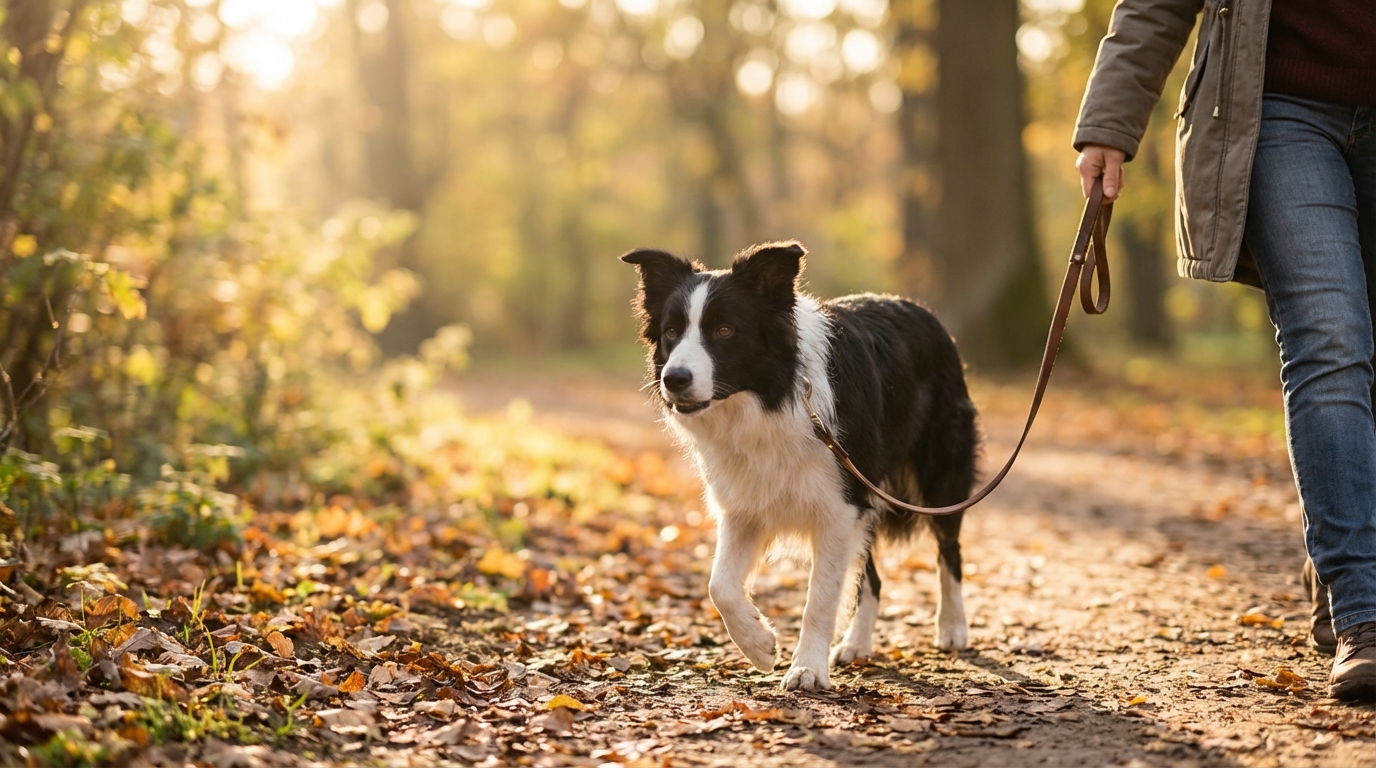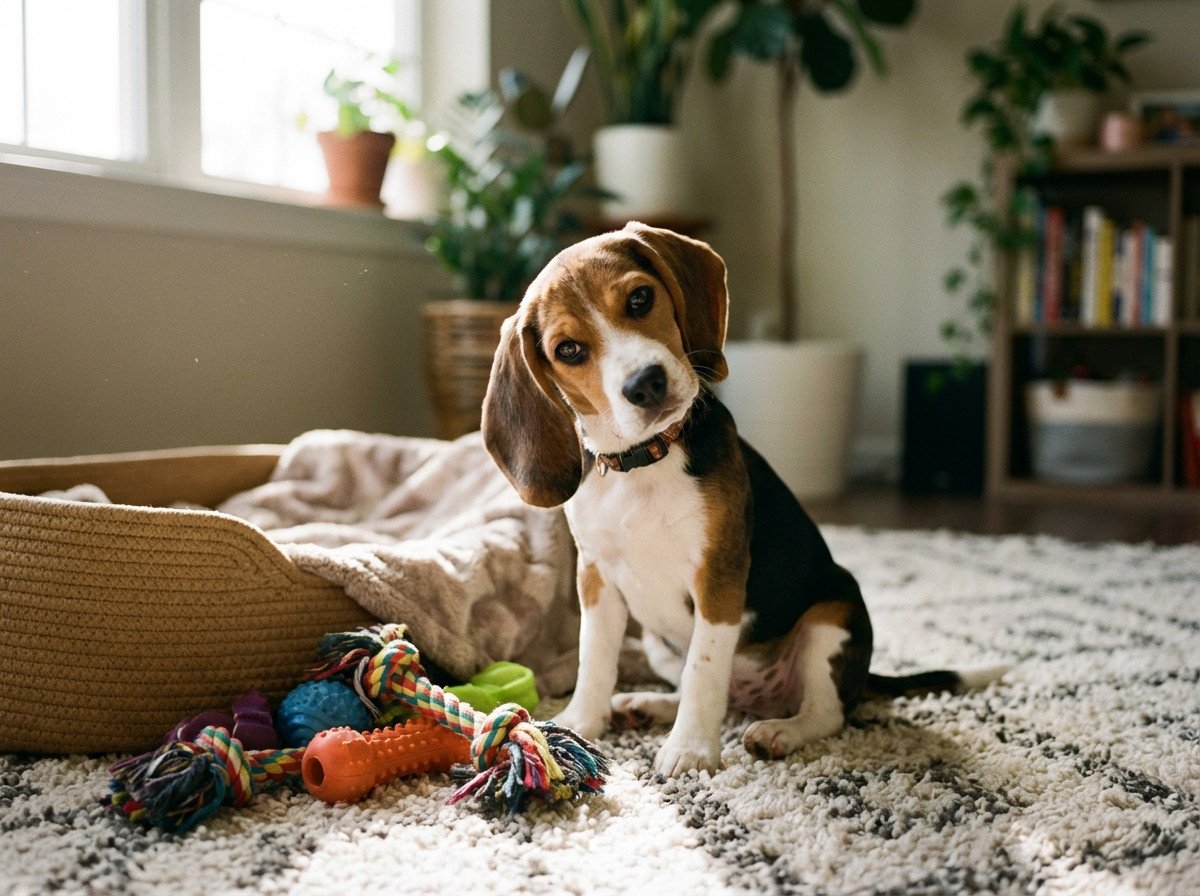Bringing home your first dog is one of the most exciting experiences you'll ever have — and one that deserves a little planning. A solid first dog checklist helps you cover every essential, from supplies and nutrition to parasite prevention, so you can focus on bonding instead of scrambling. Here's everything you need to know before and after adoption day.
Before You Adopt: Questions to Ask Yourself
Adopting a dog is a commitment that can last 10 to 15 years or more, so it pays to be honest about your lifestyle. Consider how much time you can dedicate to daily walks, training, and play. Think about your living space, your work schedule, and whether anyone in the household has allergies.
Research breeds or breed mixes that match your energy level. A high-energy working breed needs a very different home than a calm companion breed. If you're adopting from a shelter, staff can help match you with a dog whose temperament fits your routine.
Budget matters too. Beyond the adoption fee, plan for food, supplies, routine health care, and ongoing dog medications like flea and tick preventatives. Mapping out costs now prevents sticker shock later.
Essential Supplies for Your New Dog
Having supplies ready before your dog arrives makes the transition smoother for everyone. Here's a practical checklist to work through:
- Food and water bowls — stainless steel or ceramic are easiest to clean.
- Quality dog food — age-appropriate kibble or wet food recommended for your dog's size.
- Collar, leash, and ID tag — fit the collar snugly enough that two fingers slide underneath.
- Crate or bed — gives your dog a safe, quiet retreat.
- Poop bags and enzymatic cleaner — accidents will happen, especially early on.
- Chew toys and puzzle feeders — mental stimulation prevents destructive boredom.
- Grooming basics — brush, nail clippers, and dog-safe shampoo.
Stock up on these before adoption day so you can give your full attention to your new companion the moment they walk through the door.

Surviving the First Week Home
The first few days are about decompression, not perfection. Your new dog may be nervous, overly excited, or somewhere in between. Give them a quiet space to retreat to and let them explore the house at their own pace.
Stick to a consistent routine right away — same feeding times, same walk schedule, same sleeping spot. Dogs thrive on predictability, and routine helps anxious rescues settle faster. Keep introductions to other pets and family members calm and gradual.
Quick tip: Keep a small notepad or phone note during week one to track eating, bathroom habits, and energy levels. These details are incredibly useful if you need to consult a professional later.
Start basic training immediately using positive reinforcement. Simple commands like sit, stay, and come build communication and confidence. Short five-minute sessions work better than long, tiring ones.
Setting Up Parasite Prevention Early
Parasites don't wait for you to settle in, so protecting your new dog from fleas, ticks, and worms should be near the top of your first dog checklist. Infestations can cause skin irritation, lethargy, anemia, and in some cases transmit serious disease.
Flea and tick treatments come in several convenient forms — topical spot-on solutions, flavored chewable tablets, and long-lasting collars. Browse our full range of flea and tick control products to find the right fit for your dog's weight and lifestyle. Many pet owners combine a monthly flea and tick treatment with a regular dog worming schedule for complete coverage.
Starting prevention early is always easier — and cheaper — than treating an existing infestation. Most products are simple to administer at home, and staying on a regular monthly cycle keeps protection consistent year-round.
Ongoing Care and Routine Building
Once the honeymoon phase fades, day-to-day care becomes the foundation of a happy, healthy life together. Feed a balanced diet appropriate for your dog's age, size, and activity level, and keep fresh water available at all times.
Exercise needs vary by breed, but nearly every dog benefits from at least one solid walk per day plus some off-leash play or interactive games. Regular physical activity keeps weight in check and reduces behavioral issues caused by pent-up energy.
Grooming isn't just cosmetic. Regular brushing distributes natural oils, and routine nail trims prevent painful overgrowth. Check ears weekly for redness or odor, and brush teeth several times a week to support dental health.
Keep a simple calendar for recurring care tasks: monthly parasite prevention, annual wellness checks, and any booster treatments your dog may need. Consistency is the real secret to long-term pet health.
Frequently Asked Questions
How soon should I start flea and tick prevention on a new dog?
As soon as possible. Most flea and tick products are suitable for puppies from a certain age and weight, so check the label for minimum requirements. Starting early prevents infestations before they take hold.
What should I feed my new dog in the first few days?
If you know what food the dog was eating before adoption, continue with the same brand for at least a week. Sudden diet changes can cause stomach upset. Transition to a new food gradually over 7 to 10 days by mixing increasing amounts of the new food with the old.
How long does it take for a rescue dog to fully settle in?
Many trainers reference the "3-3-3 rule": three days to decompress, three weeks to learn routines, and three months to feel truly at home. Every dog is different, so be patient and keep expectations flexible during the adjustment period.
Preparing your first dog checklist in advance takes the stress out of adoption and gives your new companion the best possible start. Stock up on affordable parasite prevention and everyday essentials at our online store, and chat to your vet if you have specific health questions about your new family member.
